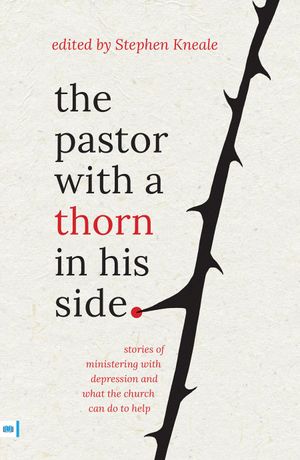When I discovered that this book was due to be published, I awaited its arrival with some eagerness.
Almost a decade ago, I had a lengthy episode of depression myself which was like having an intravenous injection of liquid terror. When things were at their worst, I was convinced that my time in the ministry was over and that I would never preach again.
Thankfully, those days are over and although I am now retired from caring for a local church, I am still able to preach here and there as God gives opportunity. Having said that, while this book comes very highly recommended indeed, reading it proved something of a challenge because it took me back to one of the most difficult periods in my own ministry.
The editor and six other men have provided chapters of their own. Each is distinctive: the authors write out of different circumstances, from different ages and backgrounds. Some had long experience of the ‘black dog’ going back years, others found that it arrived out of the blue. Nevertheless, they are all to be commended for their frankness in owning up to what can be surprisingly common, but which is also often widely misunderstood.
Who should read this book? Pastors should certainly do so. If I had been able to absorb some of its lessons in about 2010, I might have been able to forestall the crisis that occurred. It is salutary to learn that you are not invincible, and in the aftermath of it all, a privilege to be able to comfort others!
Elders, deacons, and ordinary believers should read it too. They have the duty of care for their pastors. Most of the men who contributed to this book clearly received good care from their colleagues in eldership. Would that it were always so.
Phil Arthur
Lancaster



